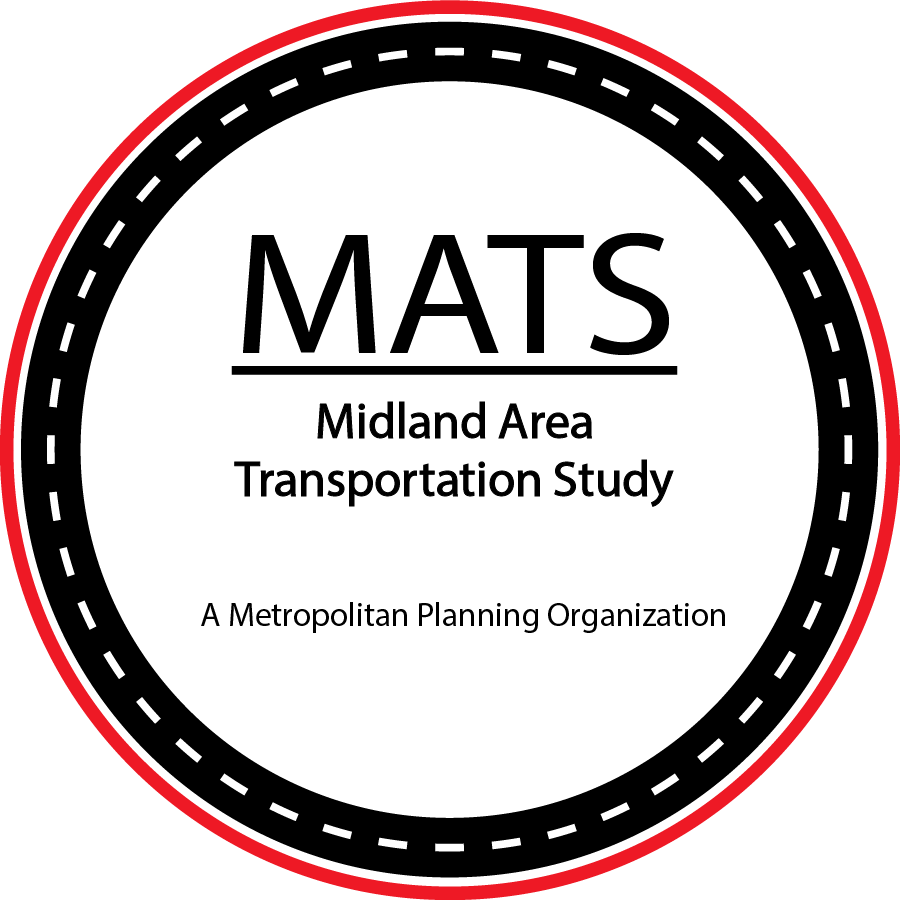Absorb Impacts, Recover and Adapt
The MATS area has, in recent years, faced a series of significant flood events that resulted in the need for a variety of actions to greatly enhance the area’s resiliency.
-
The City of Midland and the Midland Business Alliance (MBA) Advisory Committee on Infrastructure (ACOI) are planning for the best use of $40 million included in the current state budget signed by Governor Whitmer last July. The ACOI worked closely with our state legislators to successfully include two funding provisions for the City of Midland to support efforts to reduce the severity of flooding and enhance flood resiliency. The first is $25 million in American Rescue Plan Act (ARPA) funds, administered by the Michigan Department of Environment, Great Lakes and Energy (EGLE). The second is a $15 million enhancement from the state, administered by the Michigan Economic Development Corporation (MEDC). Each of these grants have their own specific requirements around reporting, timelines and how funds can be used. Due to funding-related deadlines, decisions on future projects need to take place by the end of this year.
-
The Four Lakes Task Force is a 501(c)(3) nonprofit organization managed and operated by residents around the areas of Secord, Smallwood, Wixom, and Sanford Lakes, Midland and Gladwin Counties and industry experts. It serves as a "Delegated Authority" for Midland and Gladwin counties to administer and oversee the maintenance and operations of the four dams and lakes, so the lake communities can enjoy the water long into the future.
After the cataclysmic floods of 2017 and prior to those in 2020, a special assessment district was formed to acquire, repair, and operate the four dams on behalf of Midland and Gladwin counties. Later, in 2021, funding was allocated in the Bipartisan Infrastructure Law (BIL) and by the State of Michigan, to restore the 4 dams and their associated lakes. An interactive map of the special assessment district can be found at the link below.
-
The Tittabawassee River flooding events of 2017 created havoc for thousands of residents in the City of Midland, caused by surface flooding, flash flooding, and basement sewer back-ups. In October of 2017 Midland authorized a study to be done regarding the city’s storm and sanitary sewer capacity, and to advise with respect to prevention and mitigation.
Thereafter, in October of 2018, city staff presented a series of recommendations for action based upon the consultants’ study findings, community feedback from the public input sessions, and additional field research and monitoring throughout the city.
-
From the City of Midland’s website, “The Concept 5 Sewer Improvement Plan is a $48 million project designed to address sewer and lift station capacities during wet weather events in the city. Through this work, we aim to reduce clean water infiltration into the sewer system and basement backups into residents' homes in impacted areas of the city. This project will allow for the system to convey flows during a design rain event of a 25-year, 24-hour event, ultimately reducing the risk of surcharging sewers and basement backups. The work done through Concept 5 will not mitigate overland flooding or basement flooding from non-sewer sources.
Given the history of flooding events, particularly the devastating events in 2017 and 2020, this project is a critical component to addressing current and future infrastructure needs and protecting the health and safety of residents and their property. The Concept 5 Plan was approved by the Midland City Council in March 2021.” Further information can be found at Concept 5 Sewer Improvements.
MATS will continue to stay abreast and involved in this issue, and monitor developments as the take place around the city.
-
• $1,000,000 for City of Midland’s Sylvan Pump Station detention basis project
• $2,000,000 for MyMichigan Medical Center Midland boiler plant and flood resiliency project
• $750,000 for Midland County flood plain reconnection and enhancement project.
Included in the bill that funded these projects was Report language that directs the coordination between five federal agencies to support environment-based flood mitigation measures.
-
In the time since the 2020 floods, local communities have secured investments for resiliency actions, including:
• $750,000 for the City of Midland’s sewer improvement projects
• $500,000 for the Midland Center for the Arts post-flood revitalization
• $400,000 for Midland County flood data collection and planning activities
Changes to Federal Emergency Management Agency cost sharing from (Federal/Local) 75%/25% to 90%/10%.

